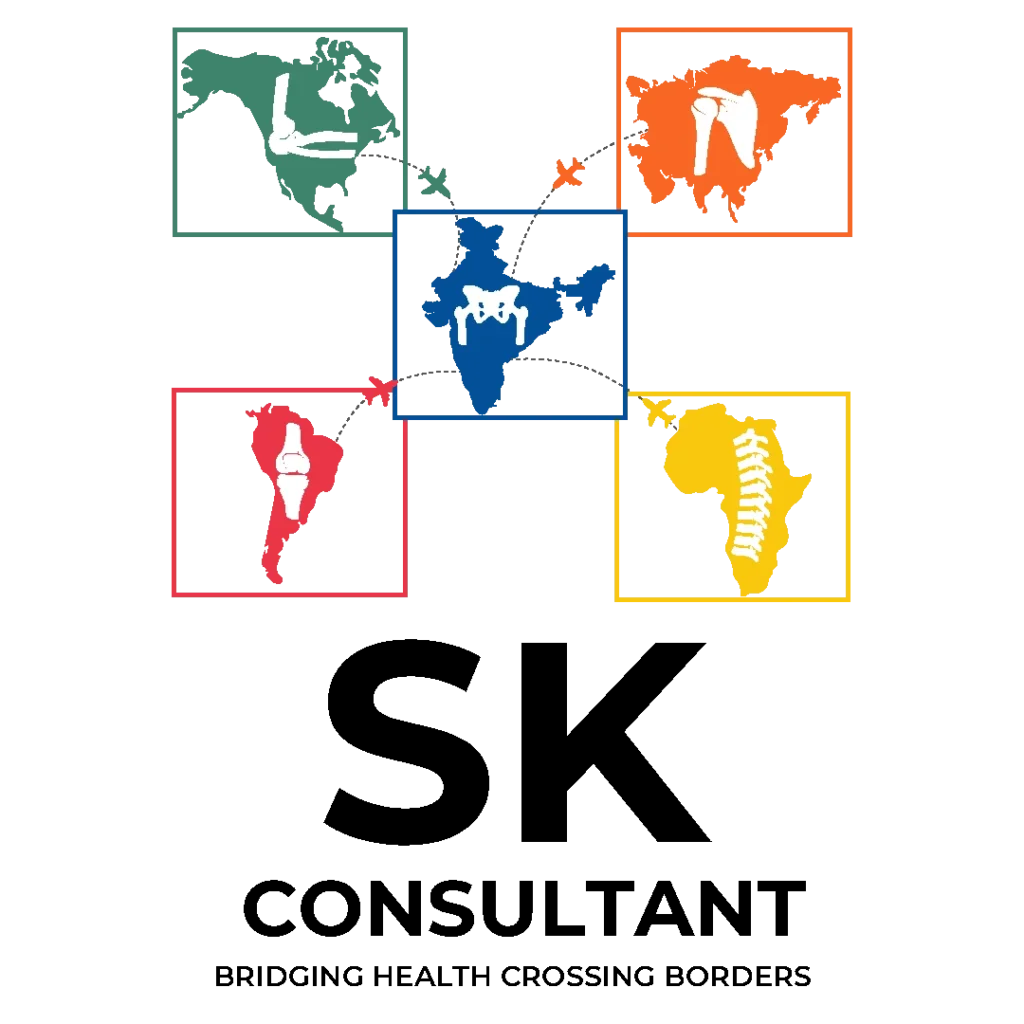- care@orthotourism.com
- +91 8056754755
FAQ
- Home
- FAQ
Frequently Asked Questions
Orthopedic treatments address a wide range of musculoskeletal issues, including conditions affecting bones, joints, muscles, ligaments, and tendons. Whether you’re dealing with an injury, chronic pain, or a degenerative condition, understanding the available treatments is essential for managing your health and recovery.
- General Information
- Choosing the Right Treatment
- Recovery
- About Traveling for Medical Tourism

Popular Question
Below are frequently asked questions (FAQs) about orthopedic treatments.
A: The cost depends on factors such as:
- Type of procedure (surgical vs. non-surgical).
- Surgeon’s expertise and experience.
- Hospital facilities and duration of stay.
- Cost of implants or prosthetics (if required).
- Pre-surgery and post-surgery tests, medications, and physiotherapy.
A: Recovery times vary based on the procedure:
- Hip/Knee Replacement: 6-12 weeks for basic mobility; full recovery in 6-12 months.
- Arthroscopy (Knee/Shoulder): 4-6 weeks for most daily activities; up to 3 months for full recovery.
- Spinal Surgery: 3-6 months for significant improvement; 1 year for complete recovery.
- Follow the post-operative care plan.
- Stay consistent with physical therapy.
- Maintain a balanced diet to aid healing.
- Avoid strenuous activities as advised by your doctor.
A: Surgery is recommended when:
- Pain severely impacts your quality of life.
- Non-surgical options like medication and therapy have failed.
- There’s a risk of permanent damage without intervention.
A: Many medical tourism services offer comprehensive packages that include:
- Airport transfers.
- Accommodation during recovery.
- Assistance with travel documents (visas).
A: Costs can vary based on the hospital’s reputation, the surgeon’s experience, and the complexity of the treatment. Medical tourism packages often include consultations, surgery, and rehabilitation for a fixed price.
Q4: Will I need rehabilitation or physical therapy post-surgery?
A: The best treatment depends on your medical history, symptoms, and diagnostic test results. An orthopedic specialist will recommend surgery or non-surgical options based on your specific condition.
- Attend pre-surgery consultations and tests.
- Follow your surgeon’s advice on medications and fasting.
- Arrange support for post-surgery recovery (e.g., caregiver, home setup).
A: Most packages include immediate post-surgery follow-ups. However, long-term follow-ups may require coordination with local doctors in your home country.
Quick Links
Our Treatments
- Hip Replacement Surgery
- Knee Replacement Surgery
- Shoulder Replacement Surgery
- Hip Resurfacing Surgery
- Elbow Replacement Surgery
- ACL Reconstruction Surgery
- Spinal Surgeries
- Carpal Tunnel Surgery
- Knee Arthroscopy
- Shoulder Arthroscopy
- Ankle Ligaments Reconstruction or Repair
- Joint Fusion Surgery
- Rotator Cuff Repair Surgery
Get in Touch
- Door No 614-R5, Iriavan Nagar, Mathur Post Kumaramangalm, Pudukkottai - 622515.
-
+91 8056754755
+91 6383406062 - care@orthotourism.com
Copyright ©️ 2025 Ortho Tourism. All Rights Reserved Designed by Wink Dezign
